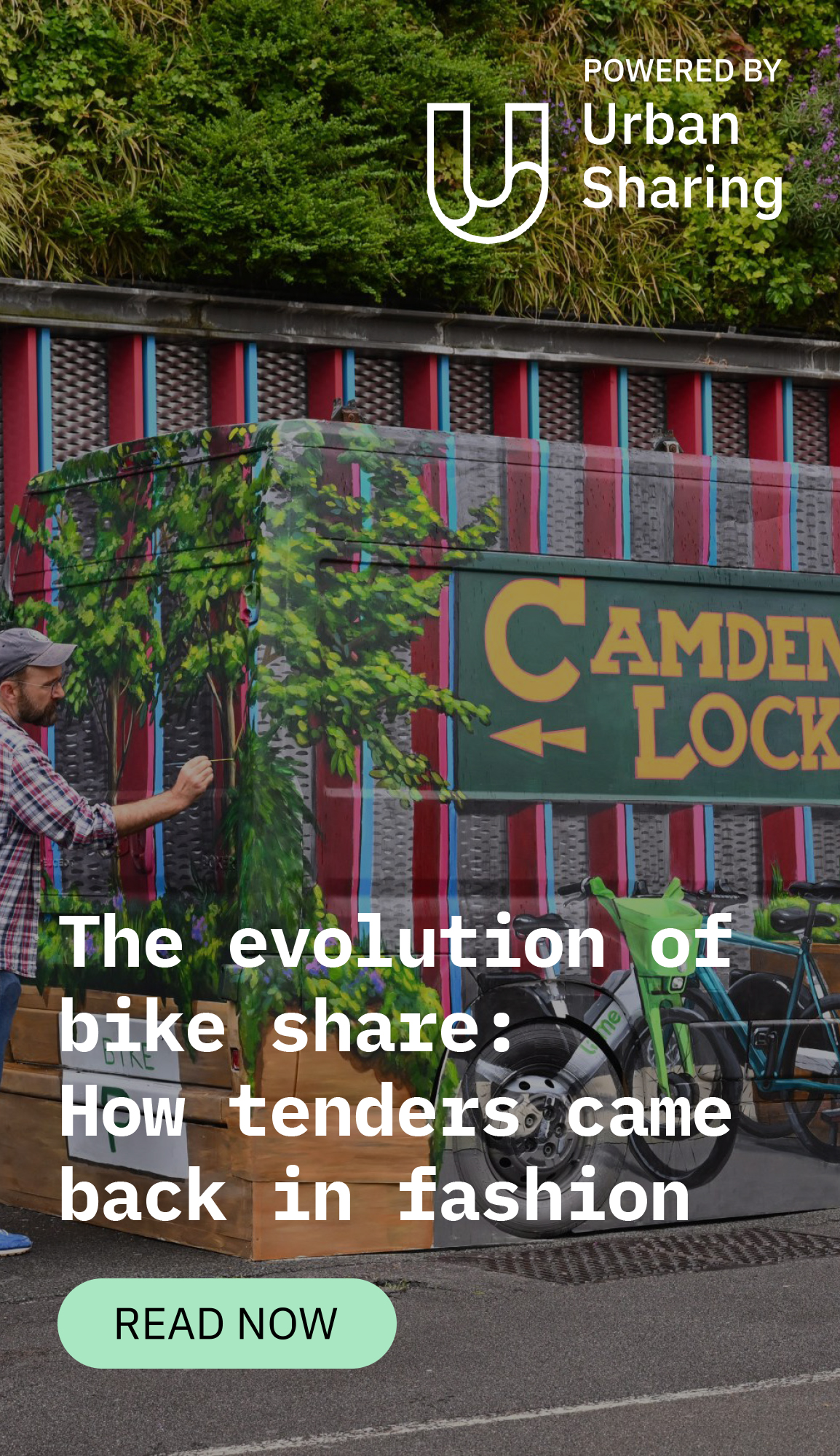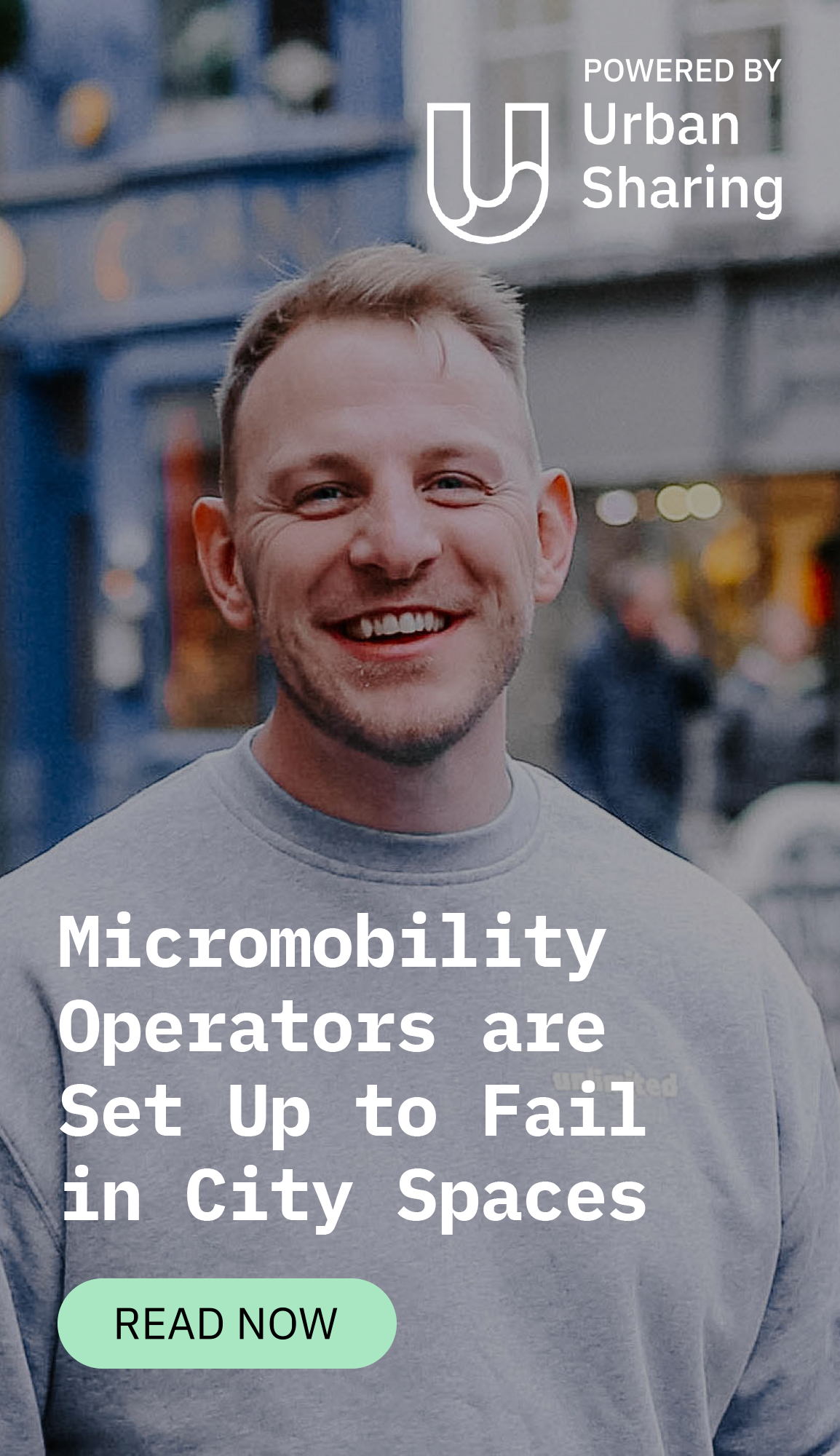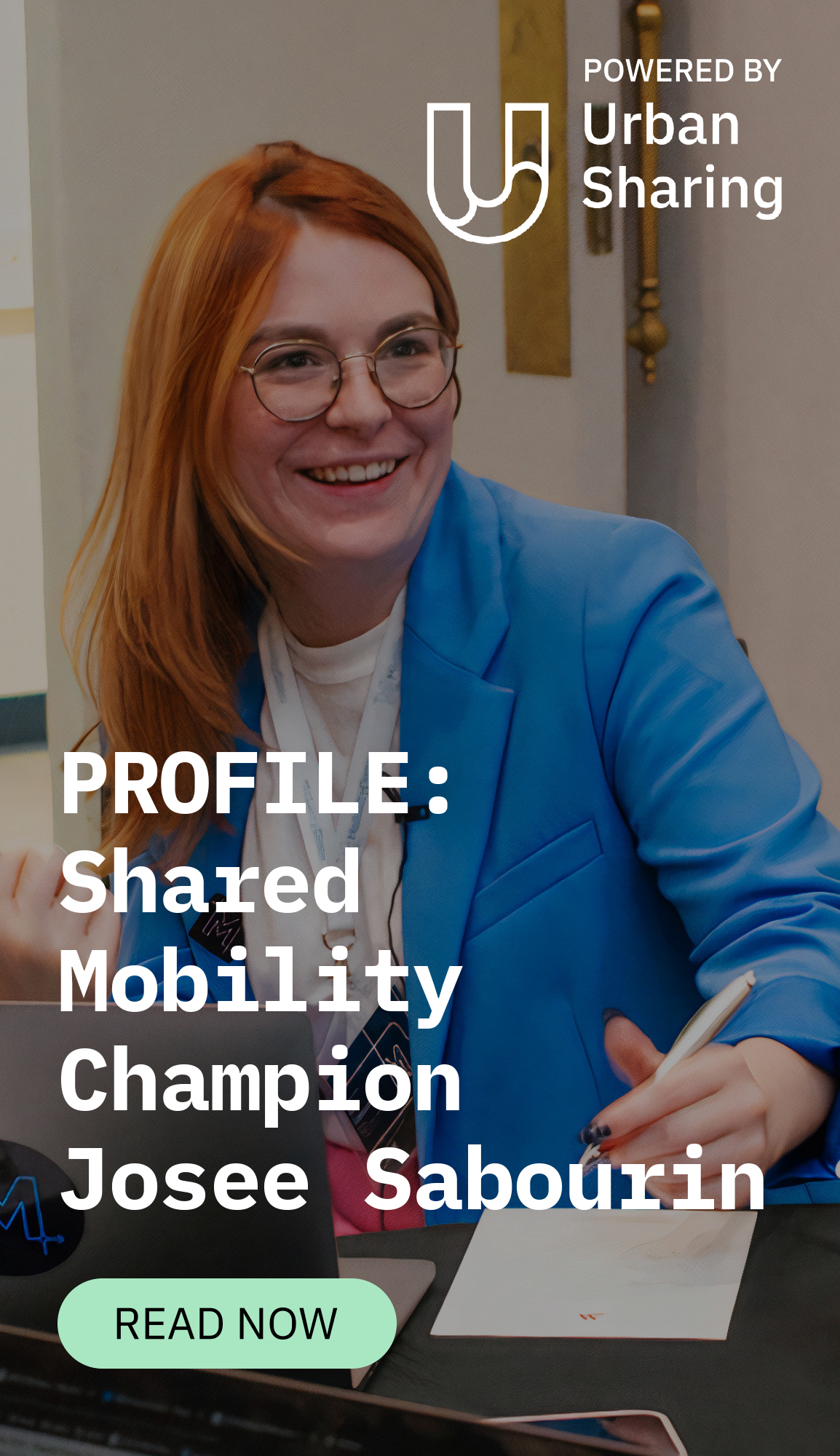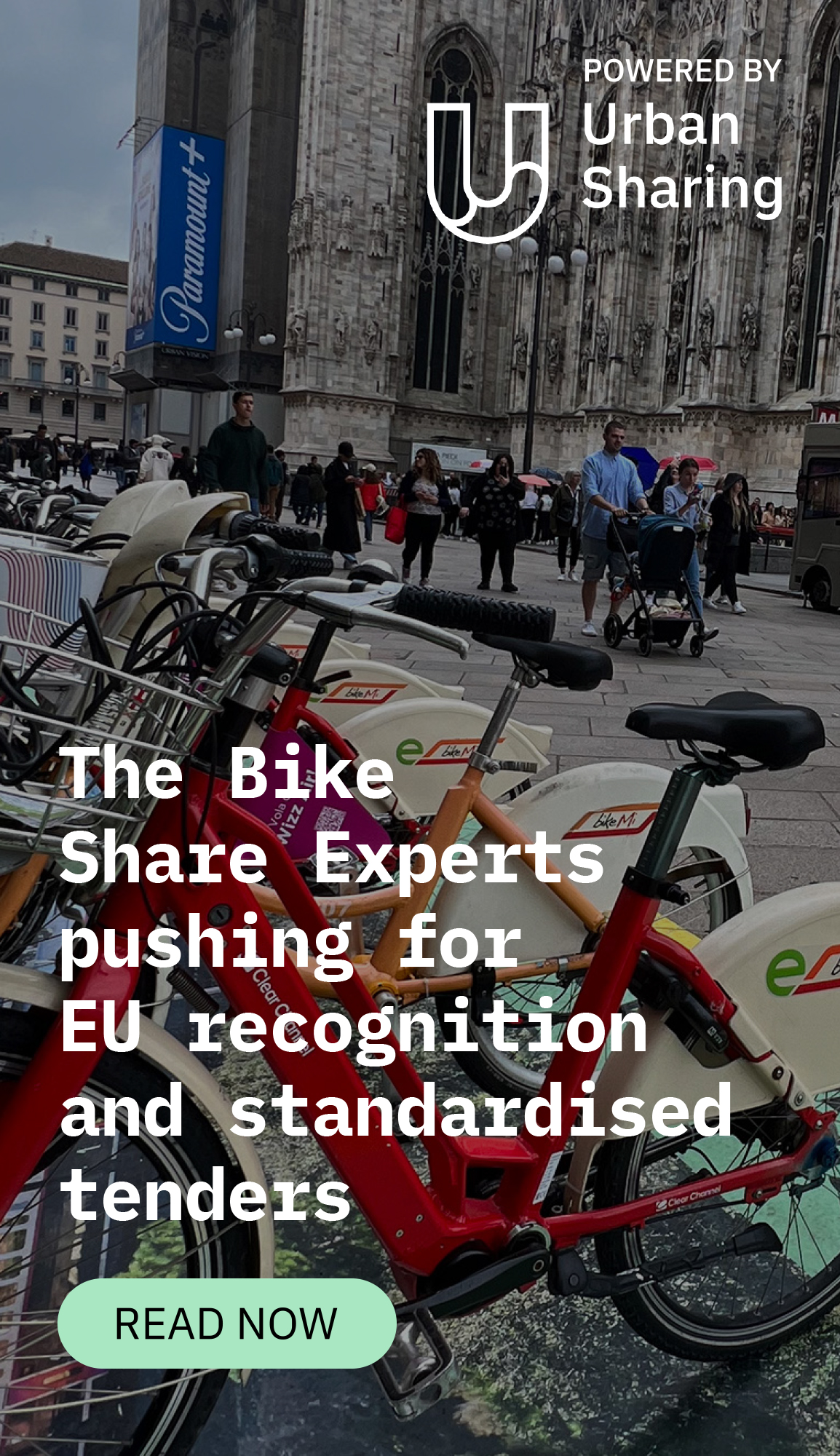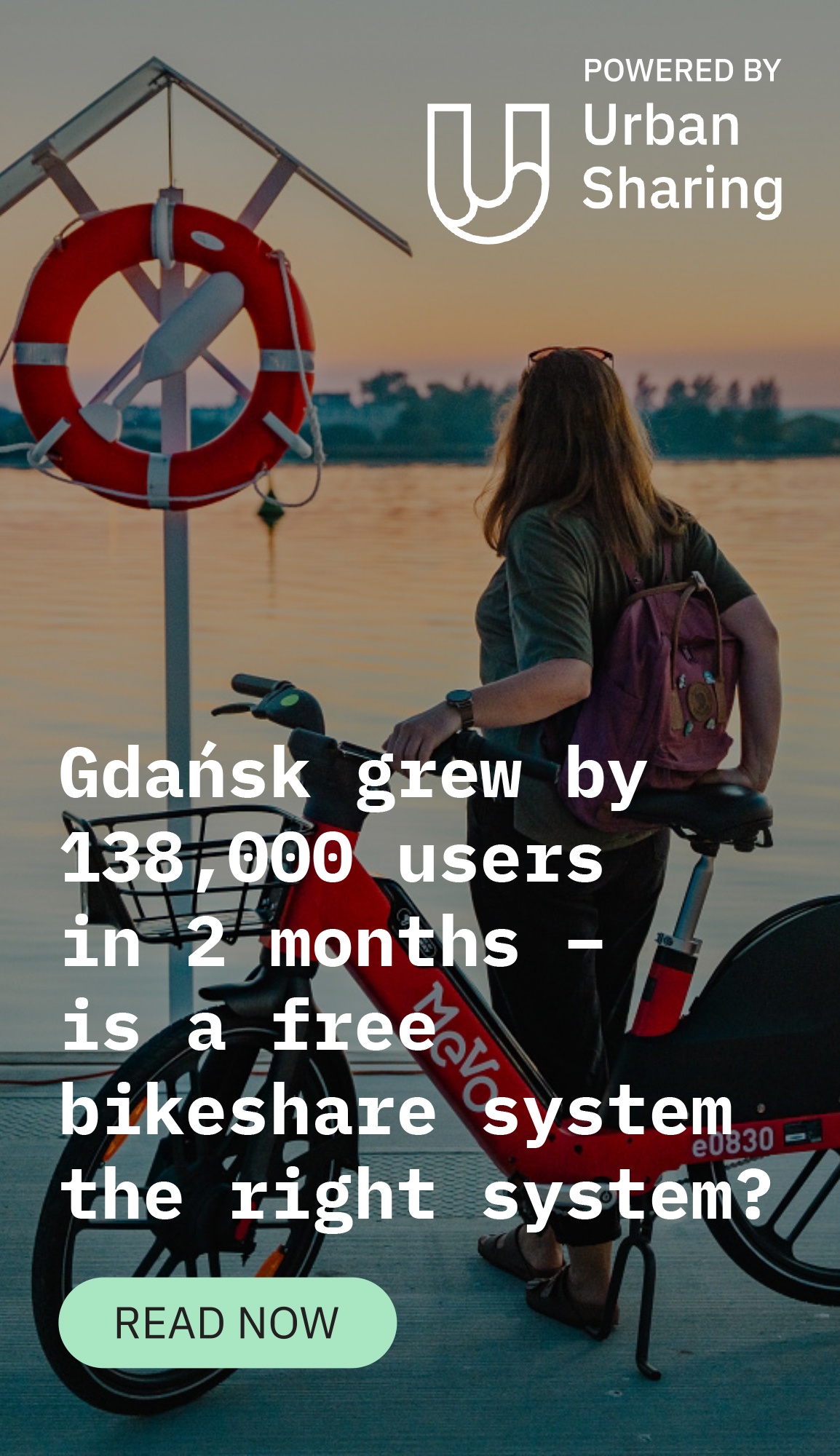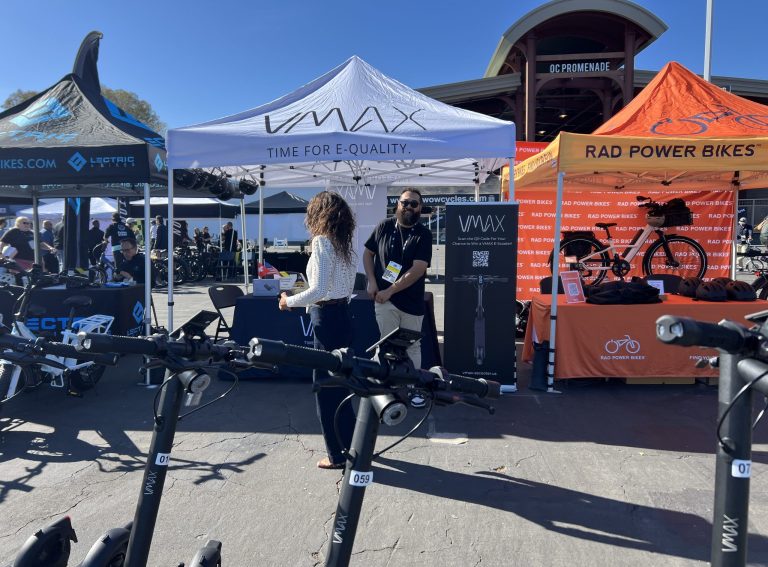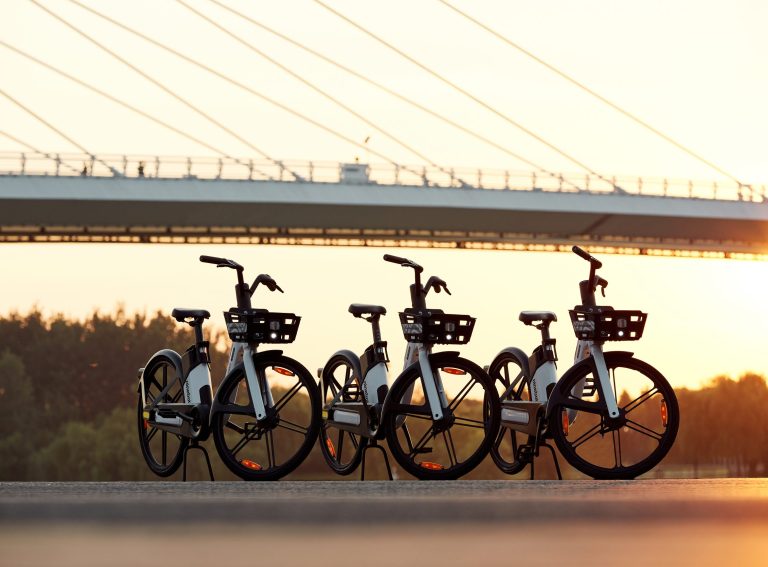Author: Matthew Pencharz, Head of Public Policy for UK, Ireland & the Netherlands at Voi Technology
The Commonwealth Games is the second largest multi-sport event in the world after the Olympics. This year’s event, hosted by Birmingham and the West Midlands, coincided with the Queen’s Platinum Jubilee year, attracting more than one million extra visitors to the region.
While this might have been the eighteenth Commonwealth Games of the Queen’s reign, it was the first in which e-scooters and micromobility have played a major role in the transport infrastructure required to deliver a successful and sustainable event.
In fact, it is the first major world sporting event where a micromobility operator has worked so closely with the Games’ organisers, which bodes well for our industry’s role in becoming a key transport mode.
Delivering on our promise
Micromobility has already proved that it delivers under business as usual conditions, driving mode shift away from private cars. But now it can also say it delivers when the disruption of a huge event hits the city.
Voi, which exclusively operates the e-scooter trial in the West Midlands, saw records broken during the Games, with the number of daily rides increasing by more than 70%, while the daily distance travelled doubled. We saw over 66,000 rides in total, removing some 26,000 unnecessary car trips.
Of course, none of this could be achieved without planning and then executing on that plan. We began our engagement with Birmingham City Council and the West Midlands Combined Authority in November last year to ensure that our service could play a key part in their transport strategy, and that the Games were as car-free as possible.
In preparation, we worked with our local and regional government partners to expand our operating area to include the Alexander Stadium as this meant our service could be used to travel between the multiple venues across the city, including Edgbaston Cricket Ground and Birmingham University.
At sporting venues, in partnership with our local partners including the cycle hire scheme operator, we set up five mobility hubs to give spectators different options on how to travel sustainably. Major events such as the Games result in road closures, and so it was necessary to pause some parking hubs and make amendments to geofencing. Again, close partnership working with our local and regional government stakeholders meant that we could plan a long time in advance, allowing us to warn our users about road closures along with other important Games related transport information.
This resulted in there being no increase in complaints and in-bound messages from frustrated users and wider members of the public, despite the huge increase in rides and riders.
Micromobility is here to stay
Voi, and the wider micromobility industry, is ready to play its role in these kinds of transformational events – they bring us together, create a sense of community and civic pride, and can also introduce more people to sustainable travel. While micromobility does not have the lead times of most public and shared transport modes, the more we can participate in transport strategies, and the more time we have to prepare for a sudden influx of a million plus extra people, road closures and all the other necessary disruption, the more we can ensure a successful event.
Meanwhile, at Voi UK, we’re now looking for the next major event we can participate in. There’s the World Gymnastics Championships in Liverpool this autumn, and two of our cities – Liverpool and Birmingham – are shortlisted to host next year’s Eurovision Song Contest, which really has got our office and in-field teams excited.

